It will cost upwards of $1.26 billion (£980 million) to restore Ukraine’s public scientific infrastructure from damage sustained during the two years of war since Russia’s invasion in February 2022, according to new analysis by the United Nations Educational, Scientific and Cultural Organization (Unesco).
The investigation, commissioned by Unesco from the Junior Academy of Sciences of Ukraine, found that 1,443 buildings and laboratories have been damaged or destroyed since the war started. Restoring these buildings, which are predominantly on university campuses, is estimated to cost at least $1.21 billion.
Additionally, the report notes that 750 pieces of ‘essential’ scientific equipment have been ‘damaged beyond repair’. Rebuilding this lost technical capacity is estimated to cost $45.9 million.
The scientific infrastructure in the Kharkiv region has been hardest hit, with the Kharkiv Institute of Physics and Technology the Institute of Single Crystals having sustained $23.9 million of damage between them.
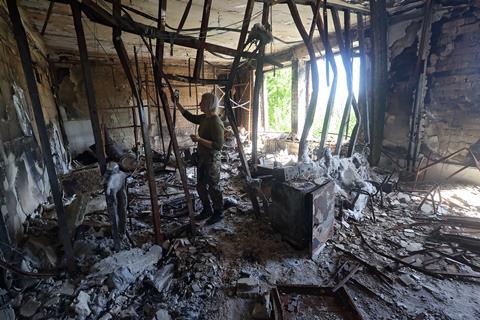
Beyond the physical destruction, the temporary occupation of Ukrainian territories by Russian forces has meant that 18 scientific institutes in Ukraine have had to relocate, Unesco finds. It points out the particularly dangerous situation around the Institute for Safety Problems of Nuclear Power Plants near Zaporizhzhia. ‘Essential equipment for monitoring the state of the nuclear industry has been stolen or destroyed, including a unique radiological laboratory which controls radiation levels,’ the report warns. ‘The loss of this monitoring equipment represents a major security threat for the wider region.’
Scientists in exile
The new analysis also shows that since February 2022 the number of scientists working in Ukraine’s public research sector has fallen by nearly 5000, around 5.3% of the scientific workforce. By January 2024, 12% of Ukraine’s remaining scientific staff – more than 10,400 researchers – had been forced to either relocate within Ukraine or move abroad. The largest numbers of them now reside in Germany and Poland, according to Unesco. It is further estimated that about 30% of Ukraine’s scientists are stuck working remotely, while more than 1,500 scientists in the country have volunteered for combat duty.
Separate analysis by a team at the Swiss Federal Institute of Technology in Switzerland that was published in December 2023 concluded that more than 18% of Ukrainian scientists fled since war with Russia commenced and the nation had lost about 20% of its research capacity.
Meanwhile, scientific funding in Ukraine has also suffered significantly over the past two years of war. The country’s gross domestic expenditure on research and development fell by 38.5% between 2021 and 2022, shrinking from over $2 billion to around $1.2 billion. The budget for the National Academy of Sciences of Ukraine has plummeted by 48%, falling from $239 million to $125 million.
‘This has forced the suspension of multiple research programmes and led to the weakening of many research groups and teams,’ the Unesco report explains. ‘Average monthly salaries have dropped by 39% and many researchers have been forced to work part-time.’
‘As the situation becomes more and more critical for the scientific community, we must protect and support their research in Ukraine,’ stated Audrey Azoulay, Unesco’s director-general. ‘Scientists, engineers and other experts will be essential to the country’s recovery, not to mention what this sector represents as a valuable source of innovation and discovery for the rest of the world.’







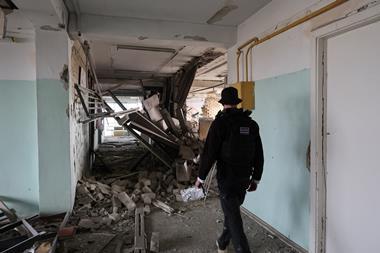
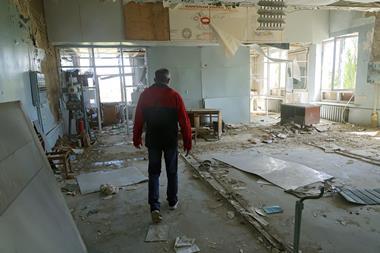
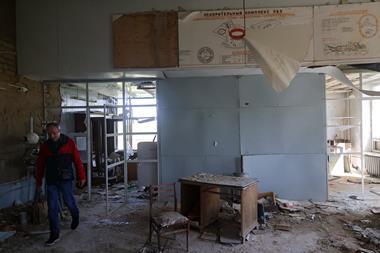
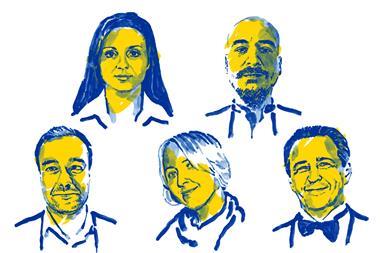






No comments yet